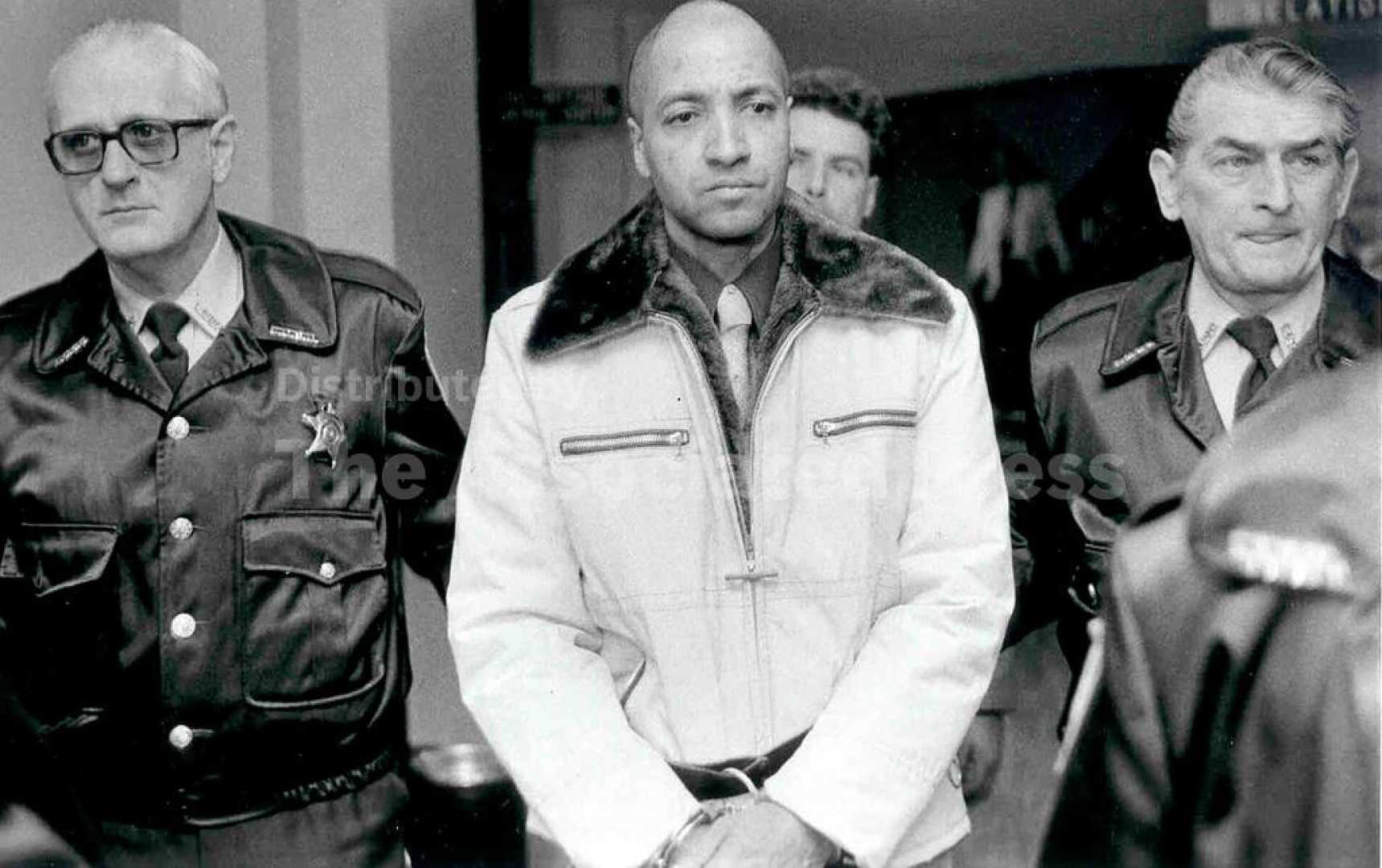News
George E. Banks, Notorious Mass Murderer, Dies at 83 in Prison

COLLEGEVILLE, Pa. — George E. Banks, a former prison guard responsible for a shocking shooting spree that claimed the lives of 13 people, has died at the age of 83. According to the Pennsylvania Department of Corrections, Banks passed away from natural causes at the state Correctional Institution — Phoenix on Sunday afternoon.
Banks, known for one of the worst mass murders in U.S. history, was serving a life sentence after killing his family and others on September 25, 1982, in Wilkes-Barre and Jenkins Township. His rampage included the deaths of five of his own children, who were ages 1 to 6, and four women, including the mothers of his children. The massacre horrified the local community and shocked the nation.
Initially, Banks was convicted of 12 counts of first-degree murder and one count of third-degree murder, receiving the death penalty. However, his sentence was later overturned when he was deemed mentally incompetent. His lawyer argued that Banks had been insane during the killings.
During the tragic events, Banks, armed with an AR-15 rifle, committed the crimes late at night after attending a party where he had been drinking. Witnesses recalled the grim image of Banks, dressed in military fatigues and a bandolier, as he shot at random victims, including two children who were bystanders.
The rampage ended with Banks surrendering to police after a four-hour standoff. He infamously claimed to his mother, ‘I killed them. I killed them all,’ after fleeing to her home. Although he was sentenced to death, the courts eventually spared his life due to questions about his mental state.
Jim Olson, a teenager who survived being shot by Banks, expressed anger in a 2012 interview over the lack of execution, stating, ‘What is the sense of having a death penalty if you don’t use it or enforce it?’
Banks often made bizarre claims about his motives, stating he killed his children to protect them from a racist society. During his trial, he rejected his lawyer’s advice and made strange accusations of conspiracy against him by the judicial system.
With his passing, the story of George E. Banks remains a painful reminder of the trauma inflicted by mass violence.












